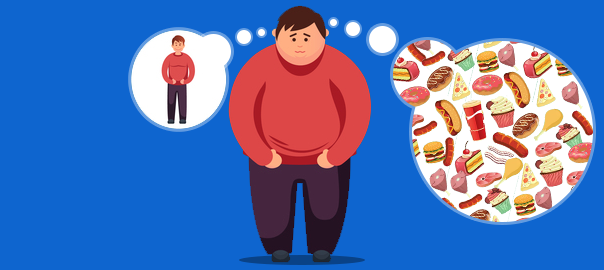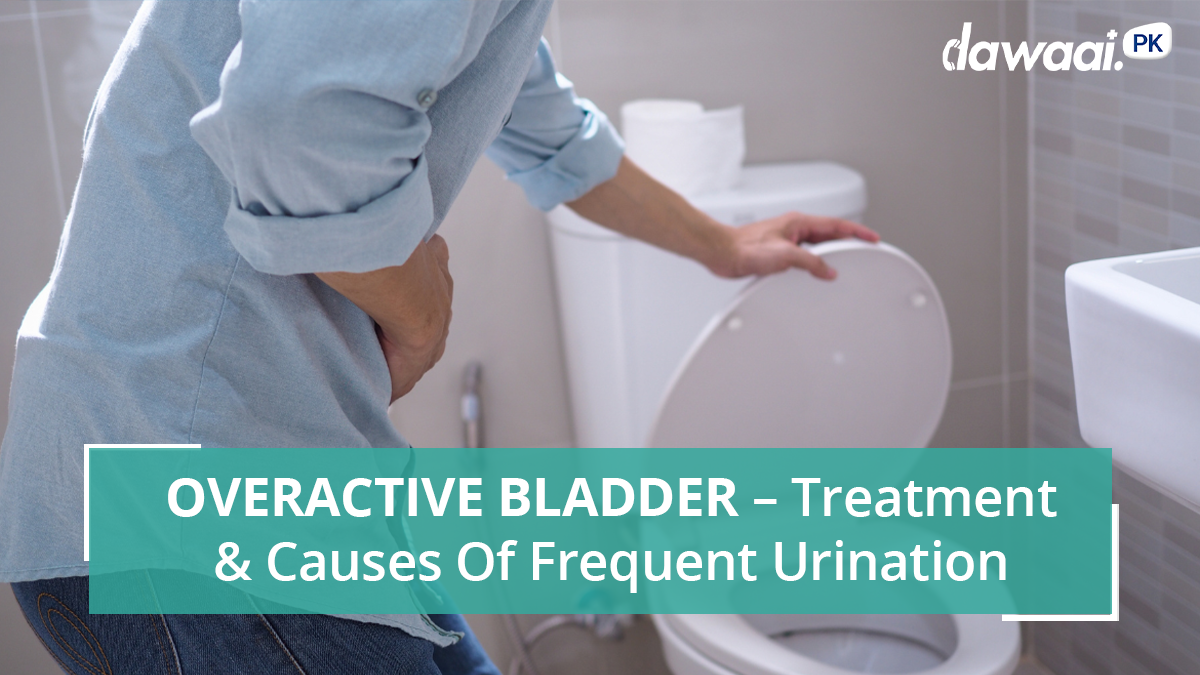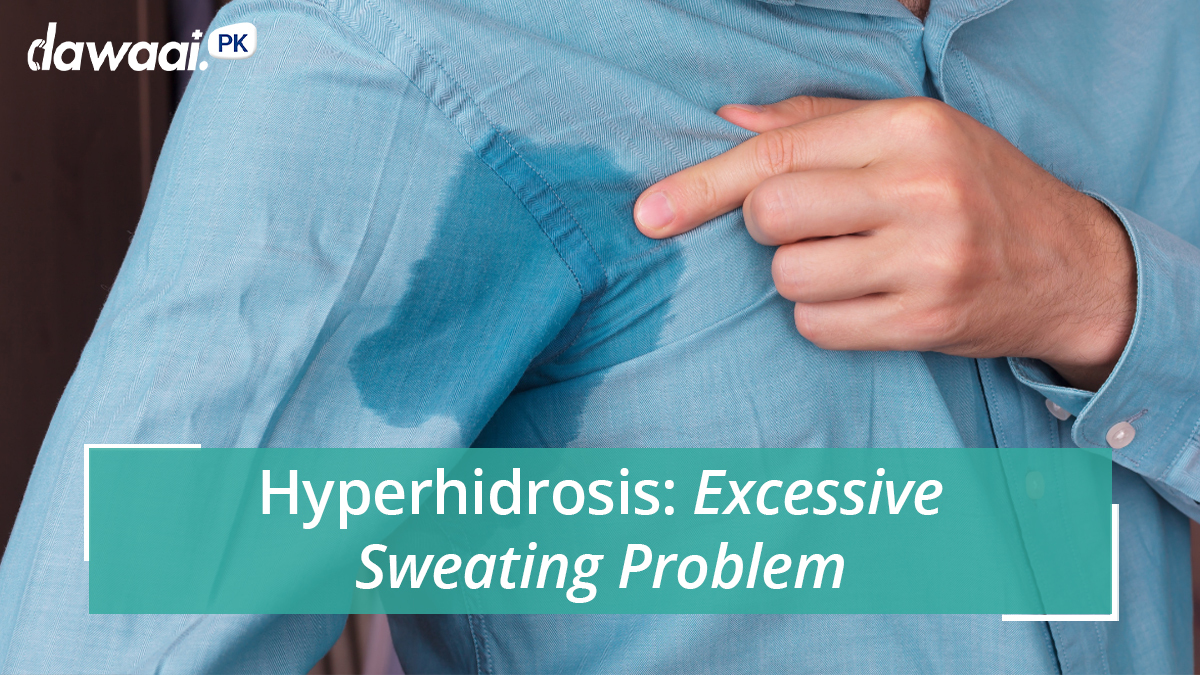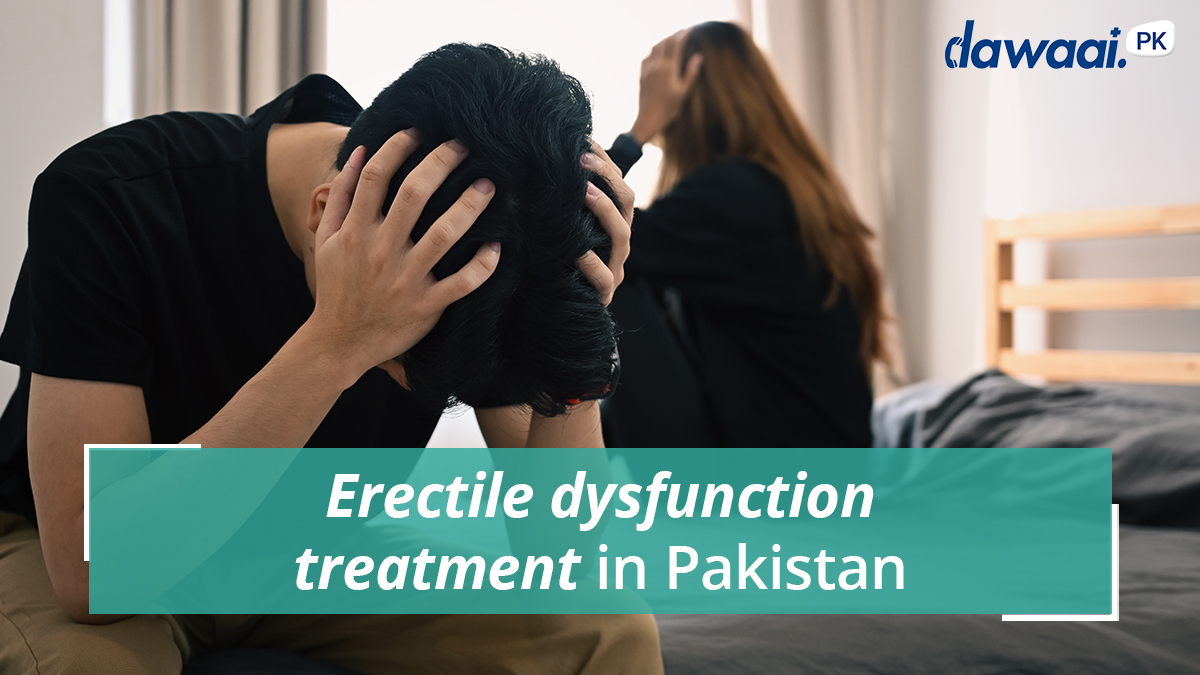Medically reviewed by Dr. Muhammad Ashraf Shera.
Bulimia nervosa is a severe eating disorder that has long-term effects on your body. People with bulimia tend to binge-eat and then rid their body of the food by using laxatives, self-induced vomiting or starvation. Therefore, this leads to havoc on the body and makes it crucial to seek medical and mental health support. A crucial point to add to this is that overweight AND normal weight people can all be bulimic, both can fall prey to it.
Sit back tight, and read this article to learn more about this important disorder that most people don’t know about.
All fingers pointing to Bulimia
Bulimia is divided into two categories- the purging type and the non-purging type. The purging type is when a person takes laxatives or vomits and the non-purging type means when they starve themselves. You cannot tell if a person has bulimia just by looking, therefore we bring forward the signs and symptoms that lead to bulimia.
- Not being able to control your eating
- Bingeing on food
- Being stressed out about your weight and shape
- Anxiety and Depression
- Having a depressed mood
- Damaged teeth and gums
- Stomach pain
- Swollen and pain in cheeks
- Irregular period or amenorrhea
You are probably wondering ‘What caused this disorder?’
Sadly, the exact cause of Bulimia Nervosa is unknown. But, it is thought that multiple different factors might lead to the development of this eating disorder. Some of the main causes of bulimia include:
- Environmental, psychological, genetic and cultural influences
- Any history of abuse
- A poor self-esteem and a need to self-depreciate
- A negative body image
A superhero might not help the person, but treatment will!
Bulimia comes with low self-esteem and negative body image. Therefore, it is necessary that therapy is deeply integrated into the road to recovery. The aim of the treatment is not only to restore normal eating behavior but also to treat medical complications and address any underlying psychological problems that might be present.
Getting proper nutrition counseling
Patients need help with breaking the circle of bingeing. They need to learn how to pace and structure their meals. Moreover, they need to adjust their daily calorie intake to the amount needed to maintain or lose weight. Applications like FitnessPal can also help them track down their calories so that they don’t binge unnecessarily.
CBT
CBT has been sought out to be the most reliable and effective type of psychotherapy for adults with bulimia nervosa. This therapy helps to identify and change misleading thoughts about themselves and food.
A combination of CBT with medication works best and helps patients deal with underlying psychological symptoms to avoid any relapse.
Working out emotional issues
There is only one phase left after therapy and it focuses on healing from emotional issues that might have been a cause of this eating disorder. Therefore, it is important to address personal issues that are caved in you. Talk about them to your therapist or a friend and try to find out where your bulimic tendencies are rooting from. Remember, you do not have to push yourself down for being bulimic. This is an actual disorder that needs helps and you are definitely not crazy. Let’s try to raise awareness about this disorder, as it is real and very apparent in our society. Let’s also join forces and try to not shame people for their weight as words DO have a very heavy role in affecting people and their emotions!
Guest Post Credits: Asma Qadri






